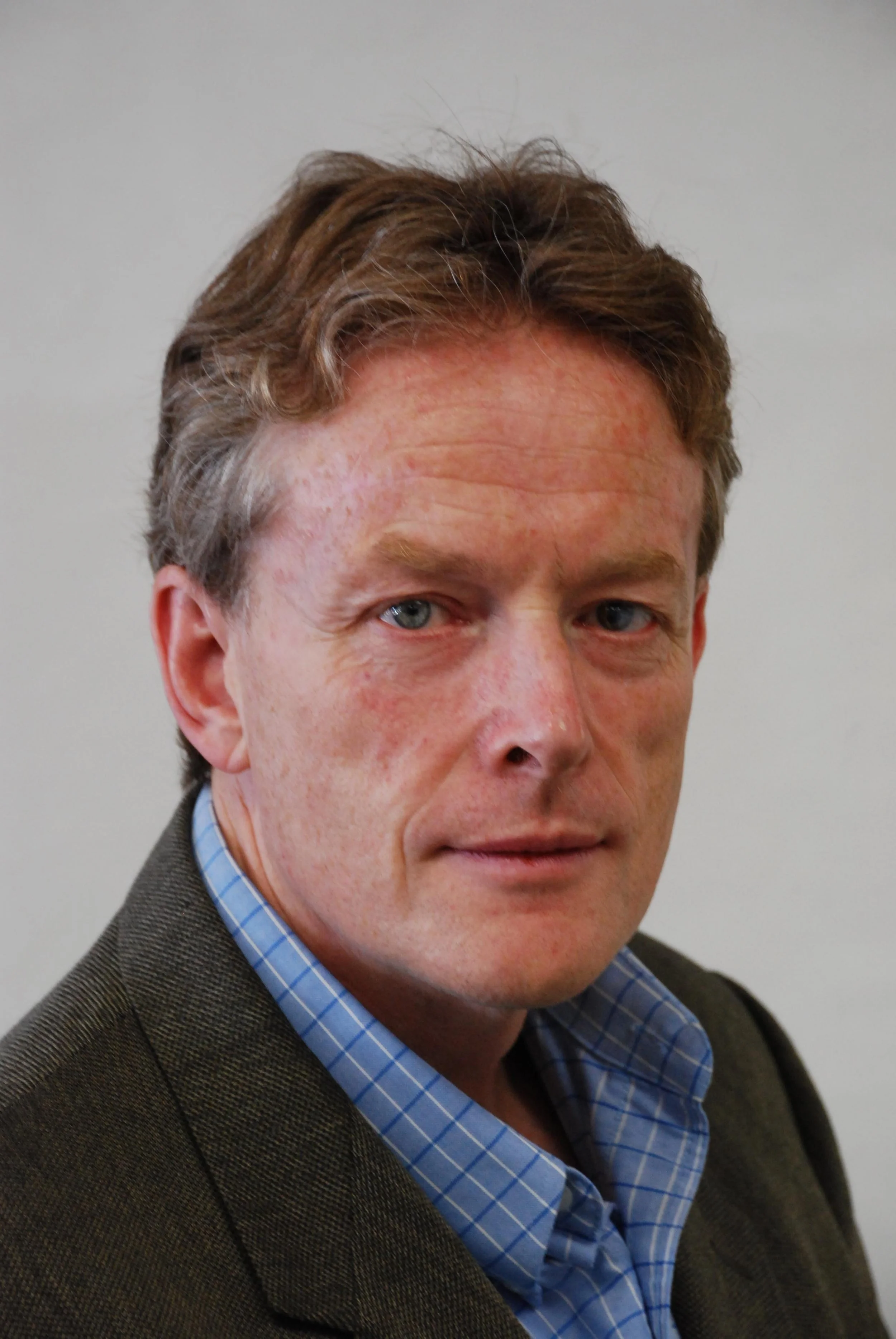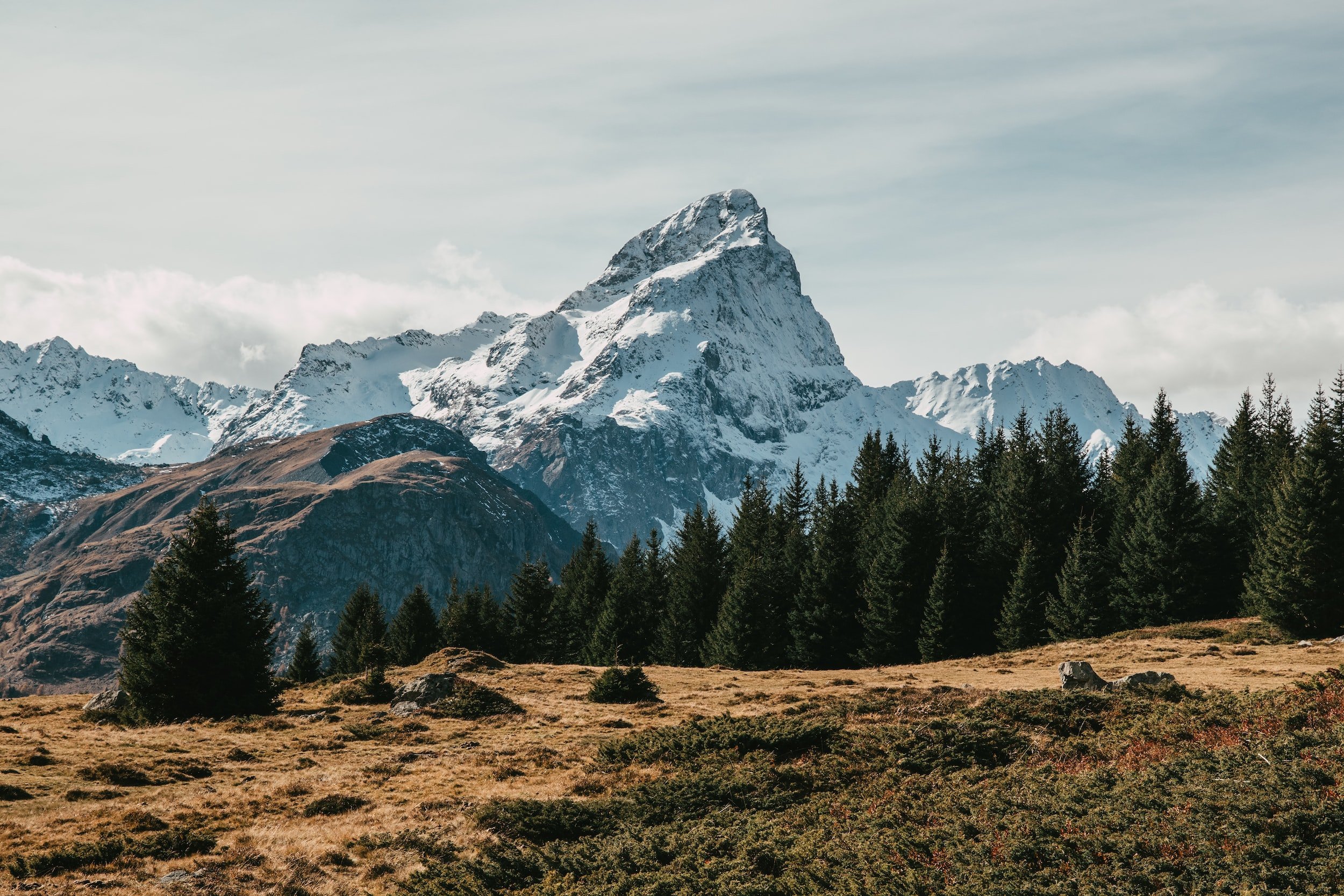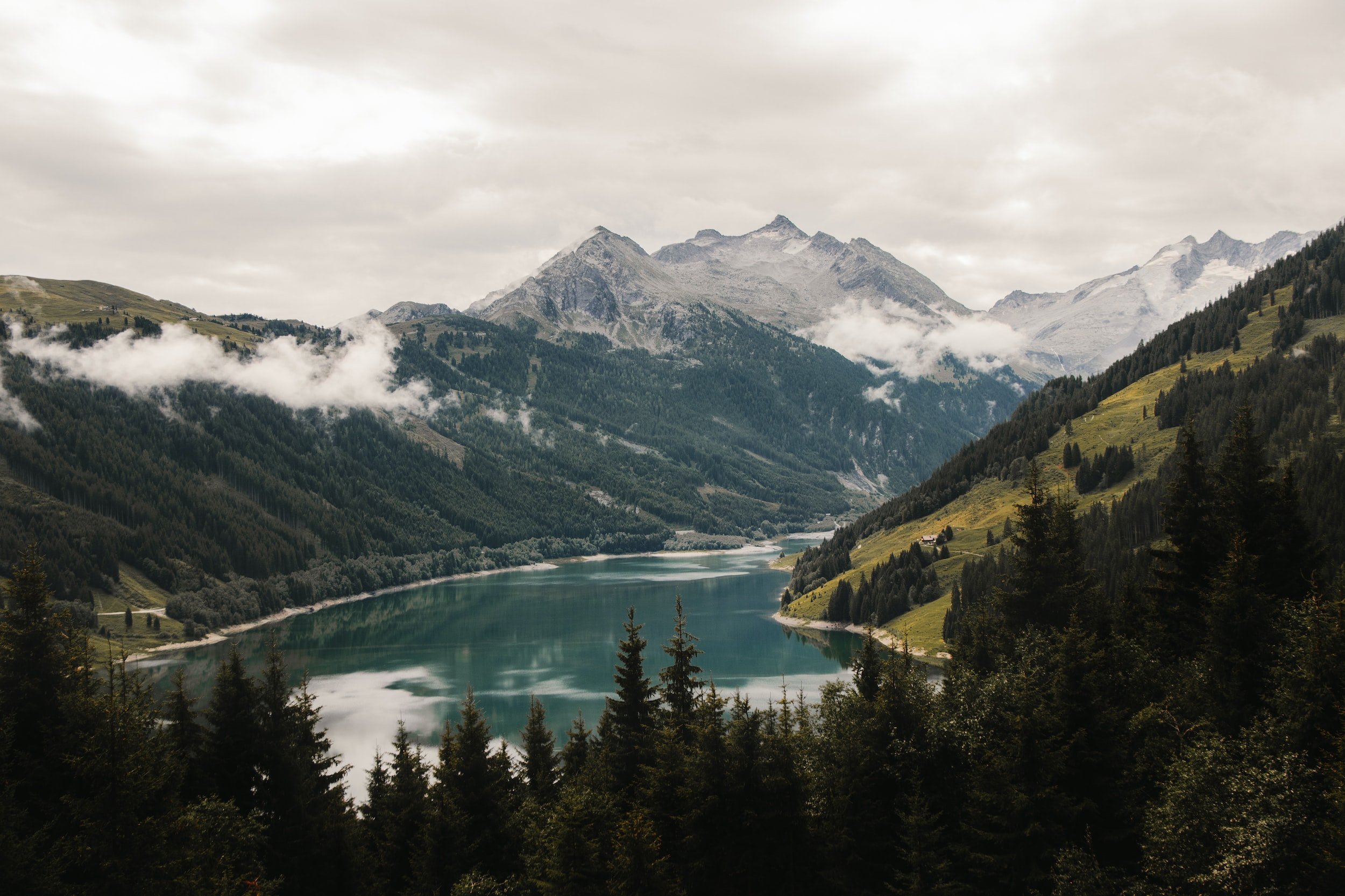
About Us
ARISE-US Network- Building Public-Private Collaboration in Disaster Resilience in the USA and Beyond.
Welcome to ARISE-US from Board Chair
Welcome to the ARISE-US Network, the US chapter of the UN DRR's ARISE Global Network, established to build public-private collaboration disaster risk reduction (DRR). Our rapidly-growing and dynamic network embraces large corporations, small-medium enterprises, DRR practitioners, universities, governments and NGOs - and now, we hope, you!
As you find your way around ARISE, you will quickly see that what you get from it depends in large measure on what you put in. I and the ARISE Board will do our best to help you get started, and we look forward to working with you to build a more resilient world.
How we work
Our watchword is "doing well by doing good". We are purely a voluntary organization. We hold free events to build consensus on solutions and create free, open-sourced tools to enable cities and communities to improve their resilience and safeguard lives, livelihoods and economies. In the process, you will be able to build your networks and boost the profile of your organization. You may also gather ideas for services and products that you can create, for-profit or otherwise. All we ask is that, in exchange for the use of our logo on your letterhead and the cachet of working with ARISE, you do something to justify it!
Board Members
-
Dr. Peter Williams Ph.D
CHAIRMAN/BOARD LEAD INFRASTRUCTURE
The current chairman of ARISE-US and the board leader for Infrastructure. An independent consultant and a 2009 IBM Distinguished Engineer.
-

David Savarese, AICP
CHAIR
David Savarese, is an experienced resilience planner and environmental consultant specializing in readiness planning, recovery, disaster risk reduction, and sustainable infrastructure development.
-

Camila Tapias
COMMUNICATION DIRECTOR/CO-BOARD LEAD - EQUITY
Ms. Tapias currently serves as the Communications Director for the ARISE-US Board and is the co-leader of the Equity Program Area.
-

Patrick Hardy, CEM, MBCP, CRM
BOARD LEAD - SMEs
Mr. Hardy is the founder and CEO of Hytropy.com, the country’s largest small business disaster planning company and is the board lead for SMEs
-

Dr. Brian Gerber, Ph.D
BOARD LEAD - HIGHER EDUCATION
Dr. Gerber is an Associate Professor in the School of Public Affairs, Arizona State University and the board lead for Higher Education.
-

Todd Fein
BOARD LEAD - PUBLIC SECTOR
Mr. Fein is the CEO of Green Diamond, and the Director on the Board of the World Future Society. He is the board lead for Public Sector
-
Teri Billon
Teri Billon is Chief Development & Equity Officer at PANELTECH.US Corp driving strategy and partnerships focused on sustainable materials, environmental stewardship, and responsible business practices.
-

Sophia 'Puff' Story
BOARD LEAD - TBD
TBD
-

Cynthia Hartley
BOARD LEAD - INFRASTRUCTURE
Associate Vice President at AECOM focused on international disaster risk reduction and urban resilience. She is the board lead for Infrastructure.
1.KPIs
Goals
2. DRR Policy
3. Network Building
Make practical, free contributions to awareness of, and slutions for, disaster risk reduction (DRR) issues;
Influence thinking on DRR policies and preparations;
Build an effective network from which our members derive value.
Sendai Framework
Understand risk
Strengthen governance
Invest in resilience
Enhance disaster preparedness and post event recovery
Measured via targets for:
Reduced mortality, lives affected and economic loss;
More resilient critical infrastructure, more effective strategies, more internal cooperation and better early warnings and risk information.
Values
Practical
We value making a difference. We do this by addressing real US and global resilience issues and needs, and providing tools, expertise and perspectives for this purpose.
Equal
We value equality between races, genders, orientations and abilities. Thhis is not just for the moral imperative that it is, but because true disaster resilience will never be achieved without it.
Vibrant
We value creating a vibrant and active network that enables our members to make a real difference and that they in turn value being part of. "Doing well by doing good" is our watchword.
ARISE-U.S. EQUITY STATEMENT
It is now well-established that disasters have a disproportionate impact on socially and historically marginalized populations[1], including Black, Indigenous, and People of Color (BIPOC), rural, and low-income communities. In the United States, marginalized communities are more likely to live in areas that are vulnerable to climate change impacts, such as poorly connected rural areas, the wildland-urban interface, coastal regions, and areas prone to flooding and extreme weather events. Additionally, marginalized communities often have fewer resources and less access to financial assistance and insurance to recover from disaster impacts. These systemic disparities often result in exacerbated social and economic vulnerabilities, especially among older adults, people with disabilities, children, women, LGBTQQIA+, and unhoused people.
Guided by the Sendai Framework for Disaster Risk Reduction (2015-2030)*, The Agenda 2030’s Sustainable Development Goals, and the UNFCCC Paris Agreement, the ARISE-US network, the United Nations-led private sector alliance for disaster resilient societies, is committed to reduce systemic barriers to disaster resilience and increase opportunities for a sustainable and resilient future for all. We do this by:
1. Collaborating with research and program partners to understand root causes and systemic barriers to achieving equitable disaster risk reduction (DRR) outcomes.
2. Working to promote equity in DRR policy, programs, and practices, aligned with FEMA's 2022-26 Strategic Plan and Equity Action Plan.
3. Developing and/or supporting policies and programs that contribute to equitable outcomes in member operations and work.
[1] In the US, the following are examples of systems that have contributed to marginalization of some communities over others:
Redlining
Segregation
Housing in Hazard Areas/Flood Zones
Urban Renewal Plans
Use of Eminent Domain to Build Infrastructure (e.g. highways)
Restrictive Covenants
Exclusive Single-Family Zoning or Anti-Density
Private Homeowner Associations Rules
Rules, Regulations, Laws and Ordinances (such as Jim Crow Laws (until the 1960s), immigration restrictions and anti-LGBTQ+ laws)
Lack of access to finance and legal services
Uneven Code Enforcement
Historically marginalized communities are groups of people who have been systematically and consistently disadvantaged and oppressed by dominant societal structures and institutions throughout history. These communities have been subjected to discrimination, exclusion, and violence based on various aspects of their identity, such as race, ethnicity, gender, sexual orientation, religion, disability, and socio-economic status. Marginalized communities have been denied equal opportunities, resources, and representation, and have had to struggle to gain recognition and respect. Examples of historically marginalized communities include people of color, women, LGBTQ+ individuals, immigrants, refugees, indigenous peoples, people with disabilities, and low-income communities.
4. Helping ARISE-US members and partners to understand the need and benefits of centering equity in their DRR work.
5. Ensuring that all ARISE US initiated activities follow core equity principles and cause no harm.
6. Using social media and outreach efforts to elevate the voices and experiences of socially and historically disadvantaged, underrepresented, and underserved people.
7. Co-creating events, discussions, symposia, and projects in ways that ensure an equitable representation of socially and historically marginalized perspectives and lived experiences.
* The Sendai Framework for Disaster Risk Reduction (2015-2030) outlines guiding principles for advancing inclusion, participation, and accessibility across its four Priorities for Action, highlighting that “disaster risk reduction practices need to be multi-hazard and multisectoral, inclusive and accessible in order to be efficient and effective... Governments should engage with relevant stakeholders, including women, children and youth, persons with disabilities, poor people, migrants, Indigenous peoples, volunteers, the community of practitioners and older persons in the design and implementation of policies, plans and standards” and that "women and persons with disabilities should publicly lead and promote gender-equitable and universally accessible approaches during the response and reconstruction phases". In 2023, the midterm review of the Sendai Framework recommended the need for advancing equity principles by highlighting "the importance of governing and managing risk in a manner that develops 'all-of-society engagement and partnership' for the effectiveness and equity of disaster risk reduction actions"; and that "disaster recovery plans at the national and local levels must systematically include build back better principles and be accompanied by legal frameworks that require and guide the application of principles of equity and inclusion of vulnerable populations."
ARISE-U.S. EQUITY CHARTER
Disaster Risk Reduction (DRR) raises major equity issues. At ARISE US, we recognize that disasters disproportionately affect historically underserved and vulnerable populations, including low-income communities, women, children, the elderly, people with disabilities, and marginalized groups - and until the needs of these groups are met, no society can be said to be truly resilient. As part of the United Nations Office for Disaster Risk Reduction (UNDRR), and in alignment with the Sendai Framework and the 2030 Agenda, all ARISE US projects must incorporate an equity lens, ensuring that our efforts to reduce disaster risks prioritize inclusivity, protection, justice, and access for the whole community.
As a project leader, you commit to upholding these equity standards (as applicable) by:
1. Identifying Vulnerabilities: Analyzing and addressing the specific needs of underserved and vulnerable populations with respect to the issue your project addresses, in every phase of the project, from planning through implementation.
2. Inclusive Decision-Making: Ensuring that the voices of underserved communities are central to the decision-making process.
3. Equitable Resource Allocation: Guaranteeing that resources are distributed in a way that addresses disparities and promotes resilience for those most at risk.
By embedding equity into the core of our DRR initiatives, ARISE US aims to create disaster-resilient societies that leave no one behind.










